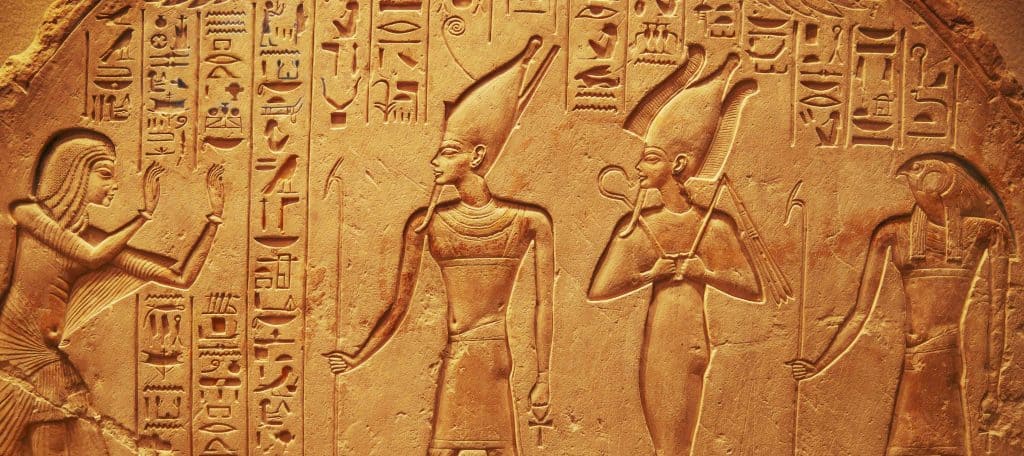Historical Events
26 Nov 2024
Historical Events
26 Nov 2024
Historical Events
26 Nov 2024
Historical Events
26 Nov 2024
Historical Events
26 Nov 2024
Historical Events
26 Nov 2024
Historical Events
26 Nov 2024
Historical Events
26 Nov 2024
Historical Events
25 Nov 2024
Historical Events
25 Nov 2024
Historical Events
25 Nov 2024
Historical Events
25 Nov 2024
Historical Events
25 Nov 2024
Historical Events
25 Nov 2024
Historical Events
25 Nov 2024



16 Jan 2020
06 Feb 2020
31 Jan 2020
07 Feb 2020
04 Feb 2020
31 Jan 2020
17 Jan 2020
07 Feb 2020